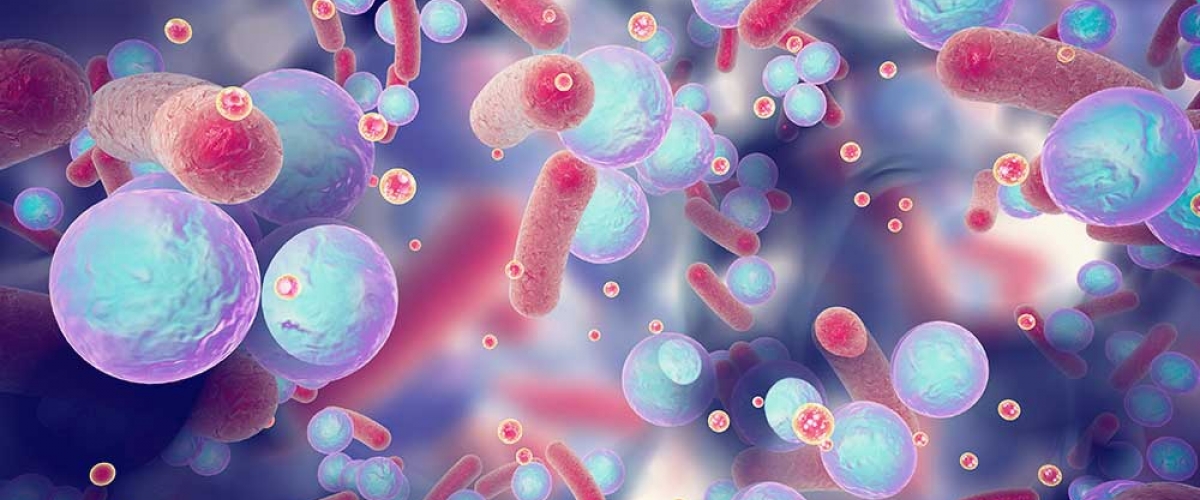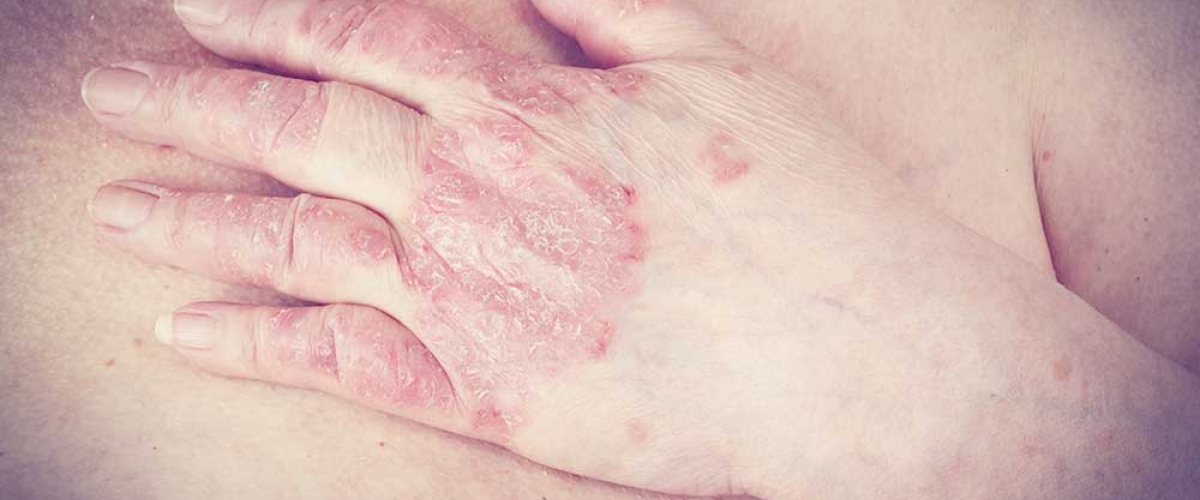Following on from Part 1 of our Four Perspectives series, Professor Lesley Braun and our four FX Medicine Ambassadors dive deeper into the therapeutic management of chronic pain and inflammation.
Dr. Tim Crowe explains the intricacies of inflammation, from the acute phase, to chronic and resolution.
fx Medicine Ambassador Dr. Adrian Lopresti describes various mechanisms of action of curcumin in treating depression, dosage recommendations and when to use clinically.
Dr. Tim Crowe explains the intricacies of inflammation, from the acute phase, to chronic and resolution.
Following on from Part 1 of our Four Perspectives series, Professor Lesley Braun and our four FX Medicine Ambassadors dive deeper into the therapeutic management of chronic pain and inflammation.
Curcumin has been thoroughly studied for its anti-inflammatory benefits that permeate through multiple systems of the body, including the brain. And, while anti-inflammatory activity is important in combatting neuroinflammation, curcumin also comprises antioxidant, anti-amyloid and possible anti-tau properties that work synergistically to further protect the brain from neurodegeneration, particularly in older adults
With the emergence of antibiotic resistance, one goal of research scientists has been to understand through which medium bacteria communicate, and how we may inhibit this conversation.
Psoriasis is a chronic inflammatory disease that largely affects the skin. It can also be associated with iritis and disturbances in other body systems, such as the gastrointestinal and musculoskeletal systems.










